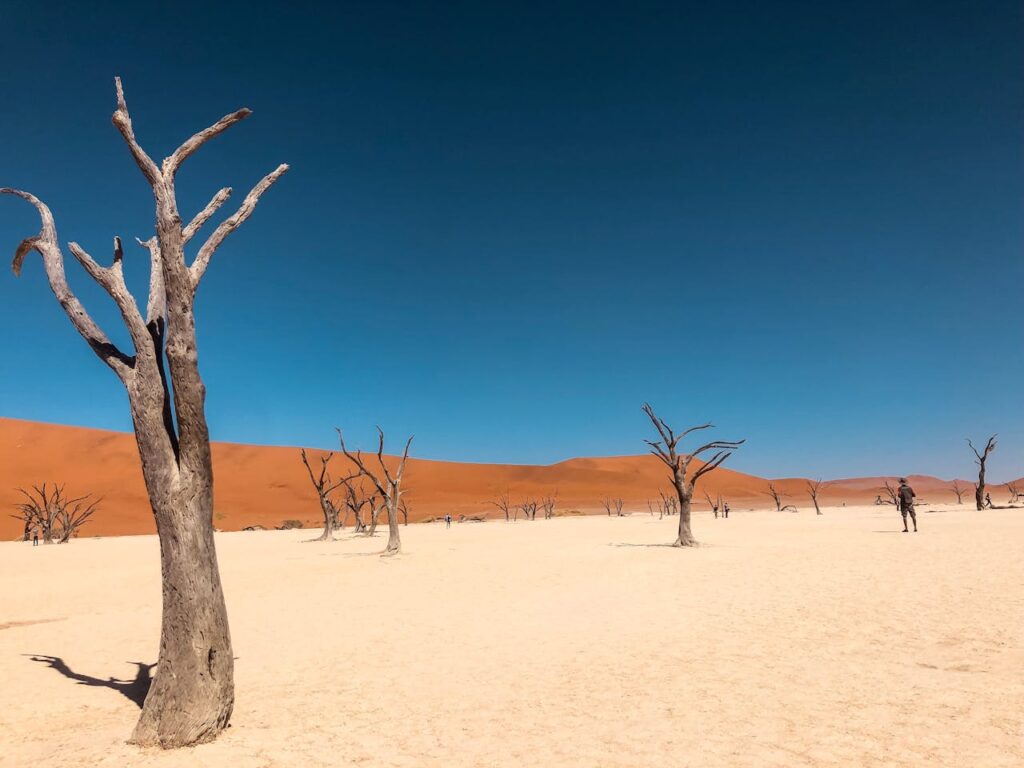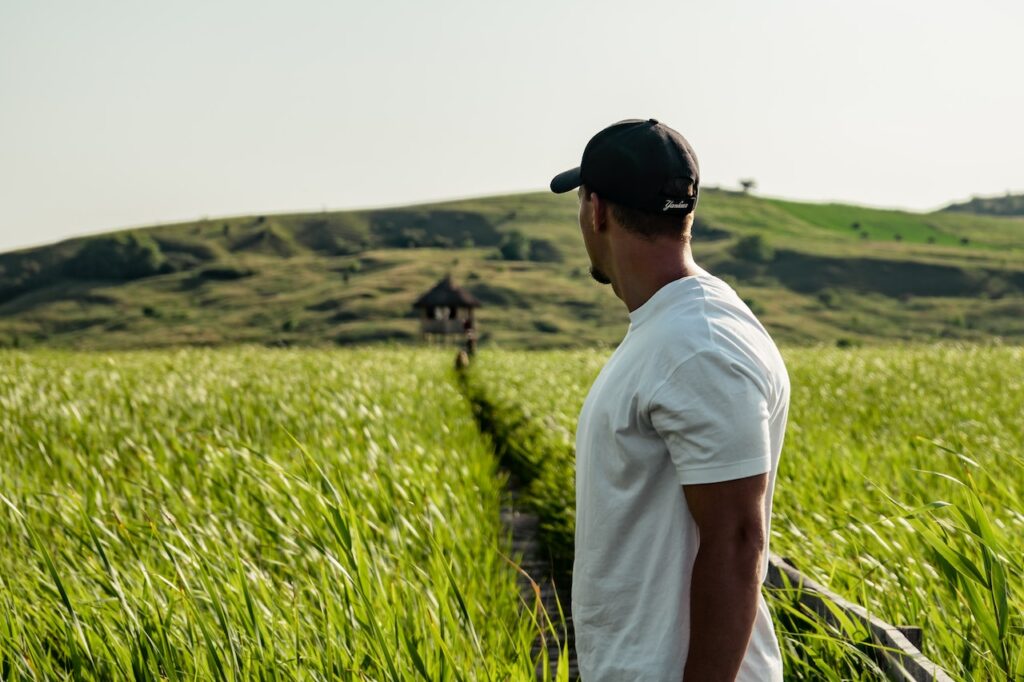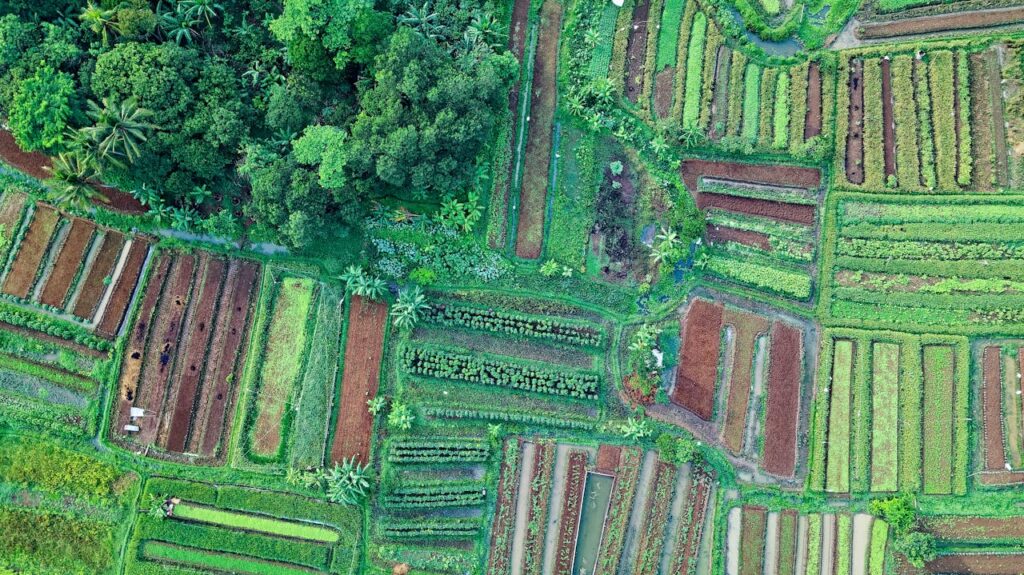How can the world’s agriculturalists plan to secure the future food chain for a growing global population when climate change is making that future uncertain and unstable?
This is the conundrum that Israeli startup Croptimize has set out to solve, combining advanced crop modeling technology and effective farming methods to ensure that we all have enough to eat even as the effects of climate change become more pronounced.
“We know that in the future there will not be enough food production,” Croptimize co-founder and CBO Pamela Jramoy tells NoCamels. “Climate change is sowing instability.”
And because of this increasing instability in the food chain, she says, the startup began to look for a way to mitigate this phenomenon, creating technology that will allow agriculturalists to understand what crops to plant, where and when.
The company predicts that the global population will reach 9 billion within the next six years, which will lead to an 85 percent increase in demand for food. Coupled with a potential 10 percent decrease in viable farmland due to climate change, this could trigger a massive food crisis.
A recent report by the US Environmental Protection Agency takes a similar stance, warning that climate change is having a major impact on agriculture, as it relies on natural resources that are affected by it, such as water and land.
This will indeed make it harder to farm in some areas, the report says, and will require farmers to adapt by changing the crops that they grow and when they grow them.

The United Nations’ Food and Agriculture Organization is also sounding the alarm, stating that climate change is not only adversely impacting food security but also the safety of that food due to higher temperatures, degraded soil quality and contaminants penetrating the crops themselves.
The Croptimize platform, which is designed for use by food production companies rather than the individual farmers they buy from, provides an integrated method of modeling for up to a decade to come.
Collaborating with the Faculty of Agriculture, Food and Environment at the Hebrew University of Jerusalem through an interim exclusivity agreement, the startup created unique algorithms that can predict where best to plant certain crops and in what season – taking into account variables such as the weather, the quality of the soil, the durability of the crop itself and the farming history at a particular site.
Furthermore, Jramoy explains, the platform works for multiple different crops at the same time in multiple locations around the world, something that she says Croptimize’s competitors are unable to do.
It also tracks the crops in real time as they grow, offering suggestions for optimal conditions, such as increasing irrigation.
Jramoy compares the Croptimize platform to the traffic navigation app Waze, which tells drivers which roads to avoid due to congestion or other obstructions, and instead directs them to optimal routes.
Sign up for our free weekly newsletter
Subscribe“We are 89 percent accurate in our results indicating risk,” she says. “The idea is that [food production companies] will have a tool that lets them know the real risks in their food production.”

Working with the food production companies rather than the individual farmers increases the effectiveness of the system, says Jramoy. This is because it allows those companies to help maximize production on a larger scale, determining which crops will grow in sufficient quantities and even directing growers to change the seeds that they intend to plant in the years to come.
Users access the platform through what Jramoy calls a “dynamic dashboard,” which shows them the data for each of the individual farms that they buy from, allowing them to plan large-scale crop production over multiple years.
Operating purely as Software as a Service (SaaS), the dashboard can be accessed as an app from any smart device, and Jramoy says it is up to the individual food companies to decide how much data they share with their farmer vendors, who can number in the tens of thousands.
Jramoy and her co-founder, Croptimize CEO Shai Gilboa, created the company in early 2022 after recognizing the urgent need to tackle the issue of stable and sustainable food production.
“We saw that we needed to help everybody,” she says.
The two, both veterans of the entrepreneurial world, immediately brought onboard Hebrew University’s Prof. David Hellman as chief scientific officer, utilizing his expertise in crop modeling and digital agriculture to develop the technology, a move that led to the agreement with the university.
They also started consulting with food companies in the United States and Latin America, learning that they were indeed struggling to plan for crop production for the coming years, cementing what the founders had already come to accept.
Now, the startup is preparing to work with food companies commercially, and has already signed with one partner in Latin America. Over the summer, it was also part of the annual Early-Stage Accelerator Program staged by MassChallenge Israel – a four-month intensive course based in Jerusalem that helps nascent companies to flourish.
After having self-funded the company so far, the founders are also seeking to raise the $2.5 million they say they need for their next step.
The aim, Jramoy says, is to both be profitable within five years and reach enough food companies to make a real difference as the world seeks to resolve the looming threat of grave food insecurity.
“We must hurry up,” she says. “Climate change is real and it’s changed the [food] production and the behavior of everybody in the world.”
Related posts

Editors’ & Readers’ Choice: 10 Favorite NoCamels Articles

Forward Facing: What Does The Future Hold For Israeli High-Tech?

Impact Innovation: Israeli Startups That Could Shape Our Future




Facebook comments